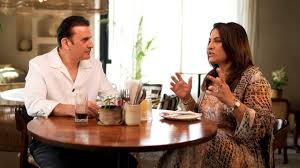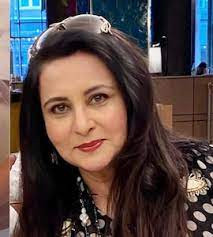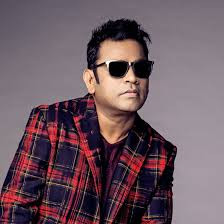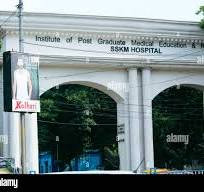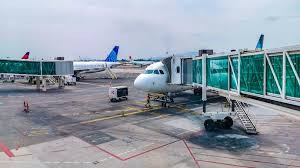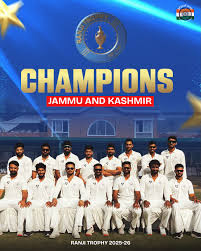“‘Afghanistan Is Not Just the Taliban’: Refugee Musicians in Delhi Revive Homeland Through Music on World Refugee Day”
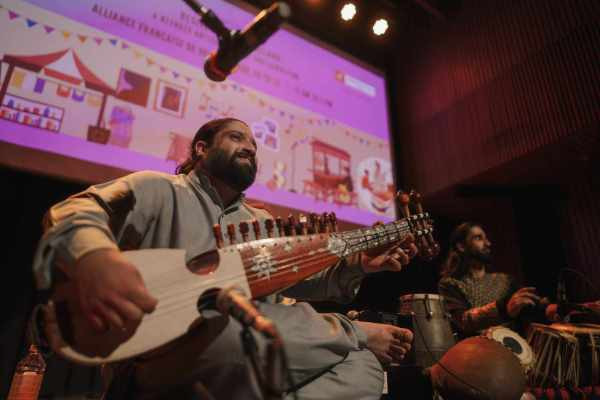
IIE DIGITAL DESK : In Delhi on World Refugee Day (June 21), a soul-stirring musical tribute took centre stage at Alliance Française—where Afghan, Iranian, Burmese, and other refugee communities gathered to remember their past and reclaim culture through song. Among the performers, the Salaam Band, formed by refugee musicians from Afghanistan, captivated the audience with heartfelt qawwalis that echoed both resilience and longing for home .
Founded in 2013 by drummer Ahmad Haidar Hadis—who sought refuge in India in 2009 after starting his musical journey in Pakistan—the Salaam Band is more than a musical ensemble. As Hadis explained, the group embodies Afghan culture and identity, offering a platform where “music is survival, an emotional release, a way to tell our story” .
Band member Athena emphasized this message, stating: “Afghanistan is not just about the Taliban … we wanted to depict our culture before the world.” Their performance wove together folklore, classic works by artists such as Farhad Darya, and original compositions—a tapestry that connected displaced Afghans to their heritage and presented a richer, more humanising image of their homeland .
Hundreds attended the event, many visibly moved to find familiarity and solidarity in music’s embrace. Literate in Dari and steeped in memories of Kabul’s vibrant cultural life, these refugees found togetherness in each chorus. Musicians like Maasih Jafari and Madiha Hasiq, emblematic of Salaam’s ethos, underscored the band’s power not just to entertain but to heal—creating a communal bridge across borders through shared melody .
Their voices are part of a broader exilic symphony. Since the Taliban seized power in 2021, Afghanistan’s music scene has been systematically dismantled. Instruments were destroyed, public expression banned, and ensembles like the famed Ensemble Zohra—an all-female orchestra—forced into exile. Around the world, Afghan youth orchestras have continued performing from Portugal to the U.S. as acts of cultural resilience .
Despite Taliban proclamations of limited cultural leniency, many artists remain wary. As one Afghan refugee musician in Pakistan lamented, “The entire music industry collapsed the day the Taliban appeared in Kabul”. This has driven many—aided by UNHCR recognition and ICCR platforms—to use music not only as art but as evidence of the enduring Afghan spirit.
The Delhi event and Salaam’s performance convey a compelling narrative of hope. Through qawwali, folklore, and vocals, these artists affirm identity, challenge stereotypes, and build solidarity. They demonstrate to the world a truth beyond conflict—Afghanistan’s richness lies in its artistic diversity and cultural memory, not solely its political turmoil.
Events like this signal a shift: refugee artists are being seen not as passive victims but as active bearers of cultural heritage. As Salaam continues performing at ICCR festivals, embassy events, and UNHCR programming, their collective actions assert the role of art in community resilience and cross-cultural understanding .
The Salaam Band and their peers face challenges—documentation issues, limited performance venues, and refugee legal status. Yet, their persistence reveals a form of resistance: by keeping Afghan music alive, they refuse erasure. Their journey—from fleeing persecution to bringing qawwalis to Delhi’s cosmopolitan stage—underscores music as a boundary-transcending force of hope, memory, and identity.
On World Refugee Day, their melodies remind us: Afghanistan is whole and vast, beyond the headlines, and its people—especially refugees abroad—carry within them the music of a culture unwilling to be silenced.
You might also like!


